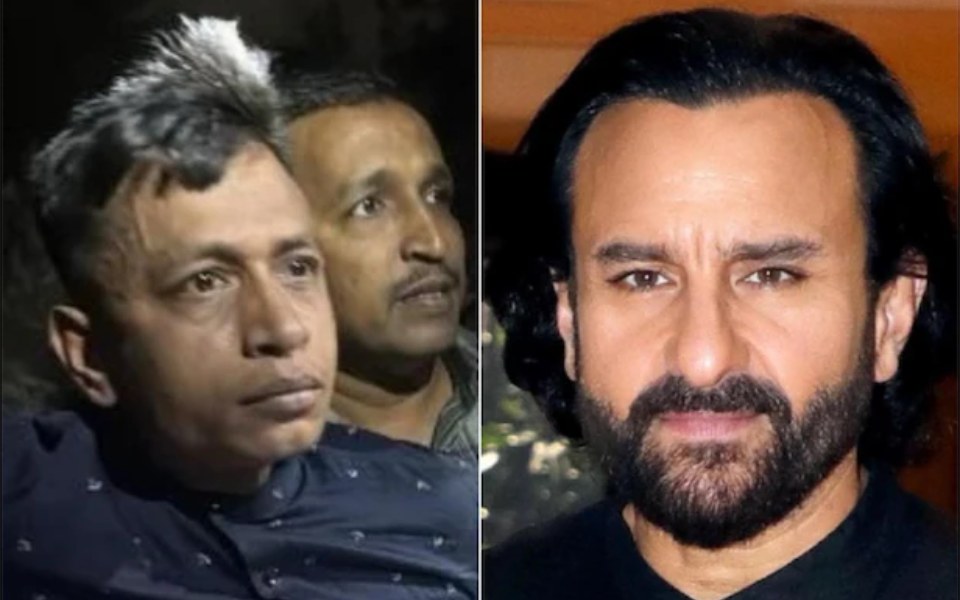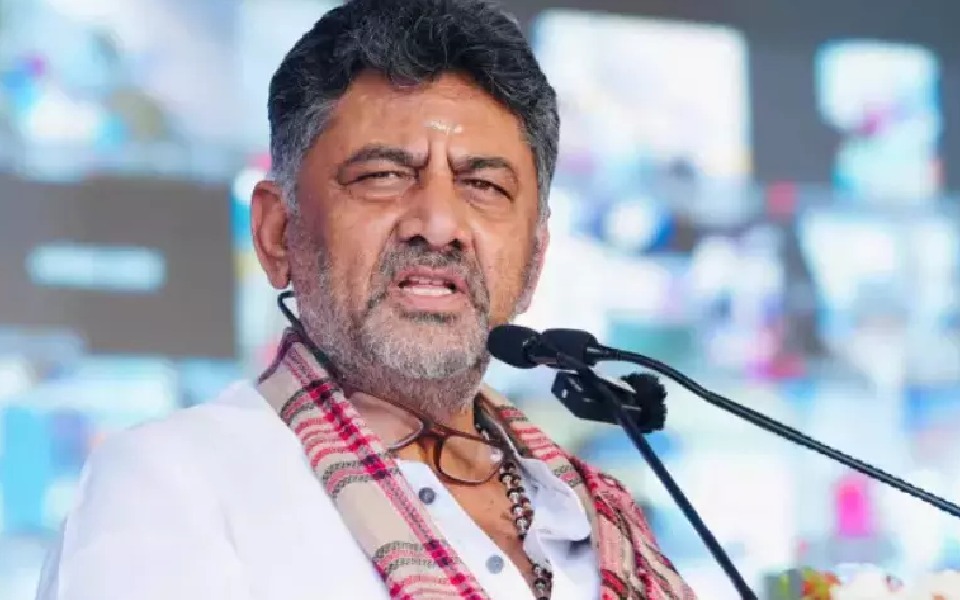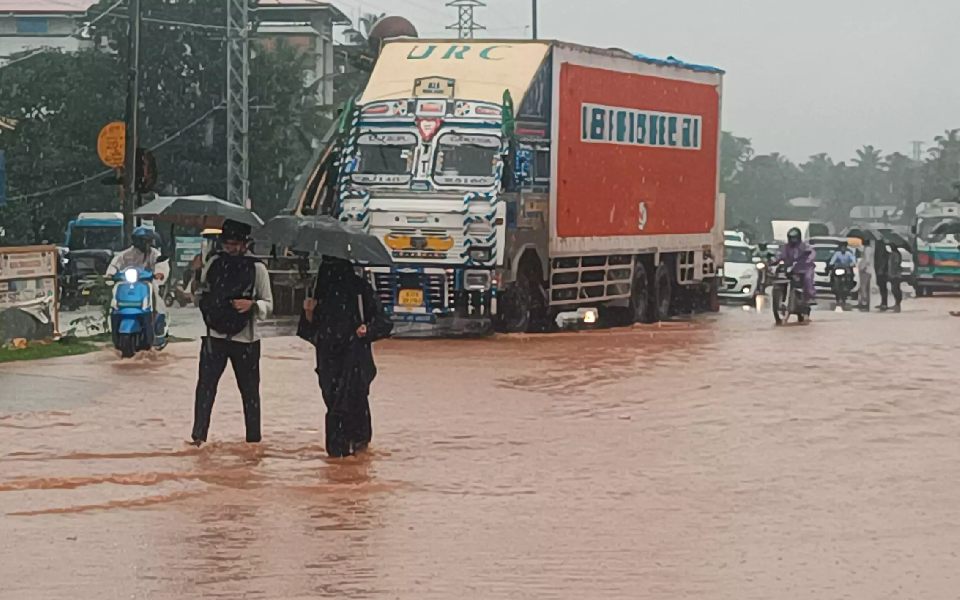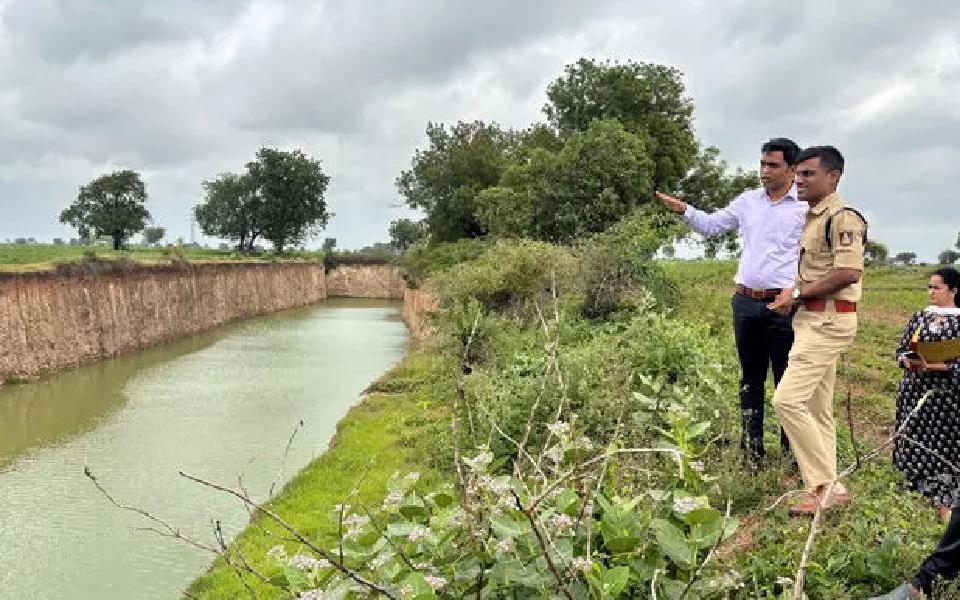Bengaluru: Retired IPS officer U Nisar Ahmed has called upon the new state government to develop both short-term and long-term plans to gain the trust of the Muslim community. Ahmed emphasized that Muslims should not be appeased but instead granted their rightful rights and justice. Speaking exclusively to Varthabharati, Ahmed highlighted several crucial steps that the new Congress government should take for the overall development of Muslims.
According to Ahmed, the secular party was elected to power because Muslims voted rationally, and the Congress party's election manifesto promised justice for all. He urged the new government to rectify the wrong decisions made by the previous administration as a priority. Specifically, Ahmed demanded the reinstatement of the reservation granted to Muslims under Category 2 'B' and the lifting of the ban on hijab in educational institutions.
Furthermore, Ahmed called for suitable amendments to the National Education Policy, the revival and strengthening of schemes and programs for minority welfare, and immediate intervention to protect innocent individuals who have been falsely accused and arrested.
Expressing his dissatisfaction with the appointment of politicians as chairpersons and members of various minority-focused commissions and boards, Ahmed advocated for the appointment of experienced professionals, retired IAS, and IPS officers to these positions. He argued that the community would benefit greatly from their expertise.
Ahmed emphasized the urgent need for Muslim representation in key institutions such as the State Human Rights Commission, State Information Commission, and State Public Service Commission. He also stressed the importance of expediting the issuance of caste certificates to Muslims, warning officials who intentionally cause delays of possible suspension.
Another concern raised by Ahmed was the delay in issuing OBC certificates to Muslims, which hampers their job opportunities in central government positions. He urged authorities to verify eligible candidates promptly and issue the necessary certificates, emphasizing the need for strict instructions to prevent indifference in such cases.
Addressing the misuse of waqf properties, Ahmed proposed that the revenue department should register ownership rights of gazetted Waqf properties under the Wakf Board's name. He also called for cooperation between the police, revenue department, and the Waqf Board to reclaim encroached waqf properties.
In terms of educational and social initiatives, Ahmed suggested the allocation of government land to Muslim-owned institutions and utilizing the Haj Bhawan for coaching programs aimed at preparing Muslim youth for various competitive exams.
Regarding recruitment in government departments, Ahmed recommended prioritizing the appointment of honest and efficient officers from minority and backward classes, especially in crucial departments like the police and revenue departments. He also stressed the importance of considering Muslims for chairperson and member positions in the numerous corporations and boards under the government.
For example, the State Housing Board, Slum Development Board, Bangalore Development Authority, BMRDA, KIADB, KSIIDC, KSTDC, KSTDC, KSFC, MML, BMTC, Food Civil Supplies Corporation, Forest Development Corporation, Pollution Control Board, KPTCL etc.
Let the Truth be known. If you read VB and like VB, please be a VB Supporter and Help us deliver the Truth to one and all.
Mumbai, Jul 25 (PTI): Police have opposed the bail plea of the Bangladeshi national arrested for allegedly stabbing Bollywood actor Saif Ali Khan with a knife and injuring him at his home here in January this year, telling a Mumbai court there was "strong evidence" against the accused.
Citing a Forensic Science Laboratory report, police reiterated before the sessions court their earlier claim knife fragments that got lodged near the actor's spine during the attack as well as a part found at the crime spot have matched with the weapon recovered from the accused, Shariful Islam.
These three pieces were part of the same weapon (knife) used to attack the filmstar, the police said in a written response to the accused's plea submitted in the court on Thursday (July 24).
Khan was repeatedly stabbed with a knife by an intruder inside his 12th floor apartment in upscale Bandra on January 16 during a robbery attempt.
The 54-year-old actor underwent surgery at Lilavati Hospital to remove a piece of knife that got lodged near his spine during the attack. He was discharged from the private hospital after five days.
Shariful Islam, a Bangladeshi national, was arrested two days later for allegedly stabbing Khan.
The police, in their response, highlighted that the accused is a Bangladeshi citizen residing illegally in India.
If granted bail, there was a possibility that he may flee India and not appear before the court during the trial. The crime committed by the accused is of a "very serious nature, and strong evidence" is available against him, they argued.
In his bail plea, filed through advocate Vipul Dushing, the accused asserted he was innocent and had no prior criminal record.
Investigation into the case has practically concluded with only the filing of a chargesheet pending, the accused contended while seeking bail.
The alleged attacker has been booked under Bharatiya Nyaya Sanhita (BNS) sections related to house trespass, robbery and dacoity with attempt to cause death or grievous injury.





